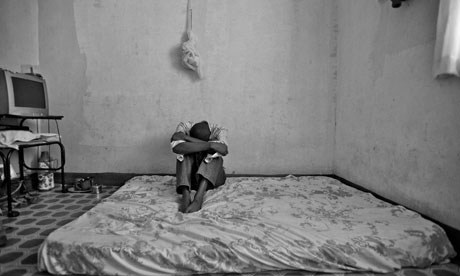Gay Men’s Health Crisis (GMHC) strongly supports the Advisory Committee of the Centers for Disease Control and Prevention on Immunization Practices’ recommendation that boys should be routinely vaccinated against the human papillomavirus (HPV). The recommendations state that boys should be routinely vaccinated at age 11 or 12 in order to reduce the risk of genital warts and certain cancers, including anal cancer. Gardasil had previously only been approved to help prevent genital warts and certain cancers for girls and women.
Compared to the general population, gay and bisexual men are nearly 20 times more likely to get anal cancer, and men who have sex with men (MSM) who are HIV-positive are up to 40 times more likely than the general population to develop anal cancer. In light of the disproportionate risk faced by MSM, and especially HIV-positive MSM, routine HPV vaccination is a tremendously important prevention initiative that will help protect men at high-risk of HPV infections and anal cancer. Routine HPV vaccination for boys will likely lead to a reduced incidence of anal cancer over time.
“The Advisory Committee’s recommendation for routine HPV vaccination for boys will go a long way toward protecting men from certain cancers, especially gay and bisexual men and HIV-positive men” said Nathan Schaefer, Director of Public Policy at GMHC. “In recent years, GMHC has strongly advocated for the approved-use of Gardasil for boys and men to prevent anal cancer, with particular attention to HIV-positive men who have sex with men who are disproportionately affected by anal cancer.”
In December 2010, the Vaccines and Related Biological Products Advisory Committee, an advisory committee to the Food and Drug Administration (FDA), approved Gardasil for boys and men ages 9 to 26 to help prevent against genital warts and anal cancer. The CDC’s Advisory Committee new recommendation for routine vaccination is the next step in protecting men from HPV and its associated health risks. GMHC provided written testimony in advance of the advisory committee’s meeting, urging them to approve the vaccine for boys and men.



